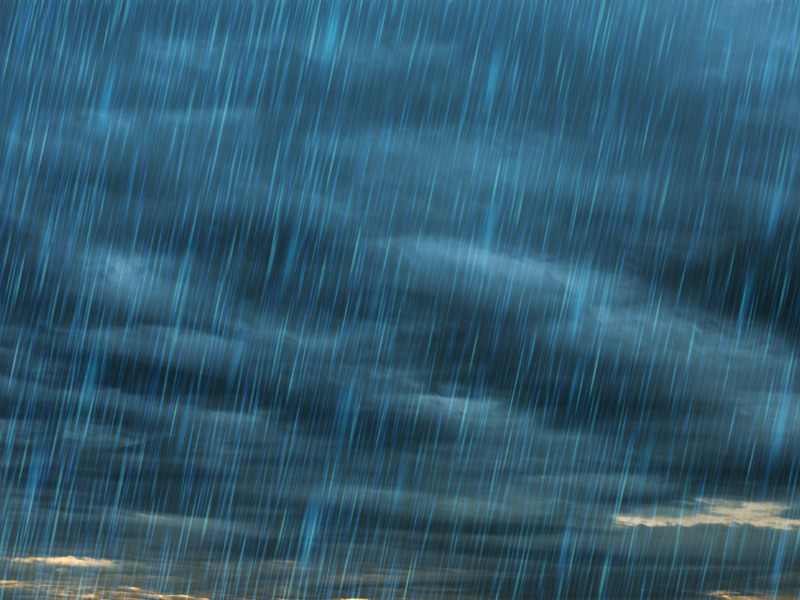B.C. wrings out after atmospheric river brings torrential rain and wind

VANCOUVER – Residents in coastal and southern British Columbia are mopping up after an atmospheric river brought torrential rain and wind, while disrupting travel and utility services.
The B.C. River Forecast Centre says Metro Vancouver, the south coast and Lower Fraser regions remain under a flood watch, meaning rivers and stream levels continue to rise as a wave of warmer air melts snow and increases the runoff.
High streamflow advisories with river levels rising cover all of Vancouver Island, the West and East Kootenay regions, and several rivers in the southern Interior.
Environment Canada says the system brought the highest amount of rain over a 24-hour period to Kennedy Lake on Vancouver Island at 132 millimetres, while the total reached 102 millimetres on the Sunshine Coast and 97 millimetres in Mission in the Fraser Valley.
A stretch of Highway 1 in the Fraser Canyon south of Lytton has reopened after geotechnical experts recommended a precautionary closure into Tuesday in an area where a wildfire passed through last summer.
The system also brought strong winds to the coast, with gusts reaching 150 kilometres an hour at Sartine Island near the northern tip of Vancouver Island, and 115 kilometres an hour at Sandspit on Haida Gwaii.
Pooling water on roadways slowed traffic in southwestern B.C., with Highway 99 in Richmond, Highway 7B in Port Coquitlam and Highway 1 in Surrey all seeing disruptions from flooding on Tuesday.
A small number of residents in Greater Victoria, Coquitlam and Texada Island lost electricity due to downed trees across power lines, while a number of other outages in southwestern B.C. had causes that were still under investigation.
Some weather warnings remain up Tuesday, including for the northern coast, where up to 60 millimetres of rain is expected, in the Fraser Valley where another 20 millimetres was expected and in the Elk Valley with a prediction of 100 millimetres more.
Environment Canada is also warning of continued winter storm conditions along Highway 1 from Eagle Pass to Rogers Pass and in Yoho National Park in southeastern B.C.
Feature image by iStock.com/iiievgeniy







